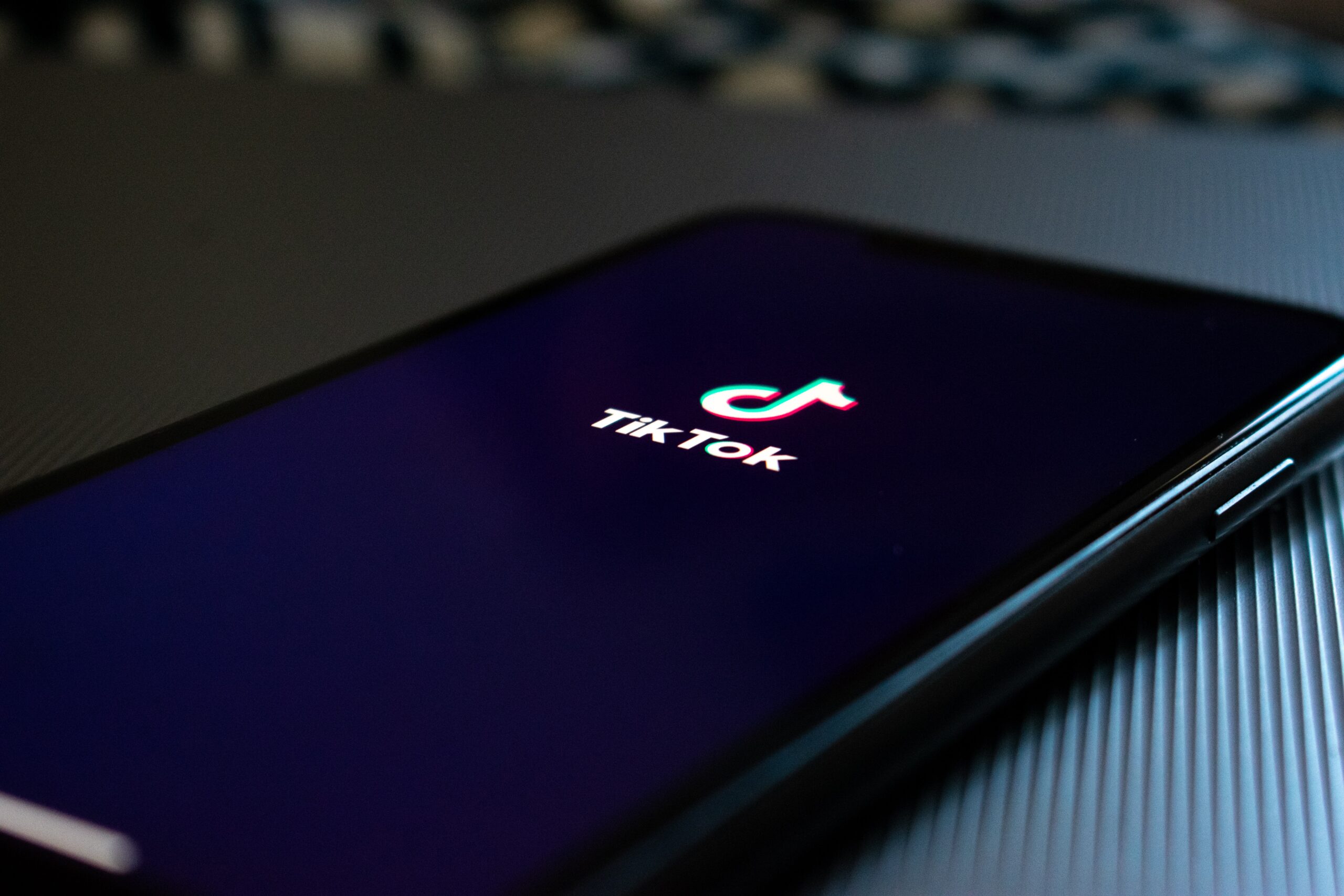Victim-blaming has become so familiar to us that we’re probably a little desensitized to the unequal standards that permit it. While the #MeToo movement has arguably brought more attention to this issue than ever before, we still have a long way to go. Rather than excusing violence with phrases like “boys will be boys”, we’re fighting for perpetrators to be held accountable. We are fighting to address the real reason behind victim blaming: it’s a learned behavior.
On May 18, a TikTok user was suspended for posting a video that promoted gendered violence. You can read the article here. For those of us who grew up in the age of social networking and smartphones, we all probably heard the same tired, yet undeniable warning from our parents, “nothing on the internet ever really goes away”. So why did the user think it was acceptable to post the video in the first place and what kind of consequences will come as a result? Sure, the account got suspended, but what about the audience that it managed to reach before it was taken down? Not only is the user accountable for the fate of his own social media presence, but now his post has possibly left a lasting effect on people around the globe.
I understand everyone makes mistakes, and we’ve all probably posted something we’re a little ashamed of on social media at one time. My point is, even though I wouldn’t spend too much time overthinking a thoughtless TikTok video, this story raises important questions about the impact the media has on our perspectives toward assault. How many of us had a friend who referred to Gossip Girl’s Chuck and Blaire as “relationship goals”, when in fact, Chuck sexually assaults two different women in the beginning of the show and they both carry out an emotionally and psychologically abusive relationship for the duration of the series? Assault and abuse often get romanticized in the media, leading people like the TikTok user to believe that this behavior is acceptable. It may be difficult for us to “unlearn” this problematic standard, but that simply leaves more room to discuss it. So, if Gossip Girl is your guilty pleasure, keep watching Gossip Girl. But take it with a grain of salt, think critically about these issues, and keep the conversation going, so that we can grow together and change the way we understand the circumstances of assault.

